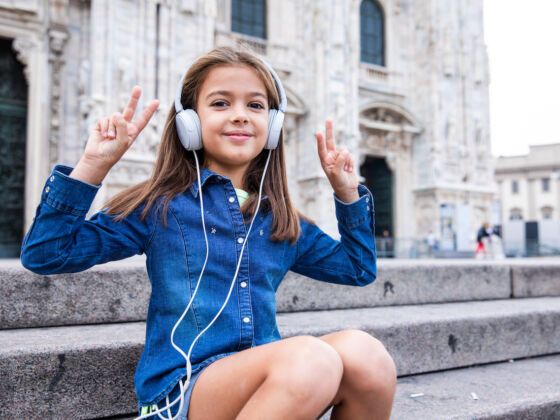As I stand at the gas station I can suddenly see us through the eyes of the outside world. A mom. Three kids. Two surfboards. One stuffed animal. Some food leftovers, a bottle of water. No car.
This morning we headed to La Lancha, a beautiful beach along the Mexican Pacific coast. After a few hours of surfing we are now stranded at the gas station, hoping to hitch a ride back into Sayulita. It suddenly hits me how traveling has changed our life. How we have learned to live and think outside the box. Outside the security of our Western lives. So here we are. Here I am. My hair messy. Bare feet. Wearing nothing more than a bathing suit and a smile. I realize I have left the house without enough money to even pay for a taxi or a bus. As always, I had trusted blindly in what was yet to come.
